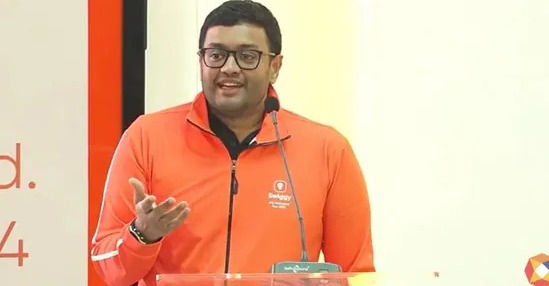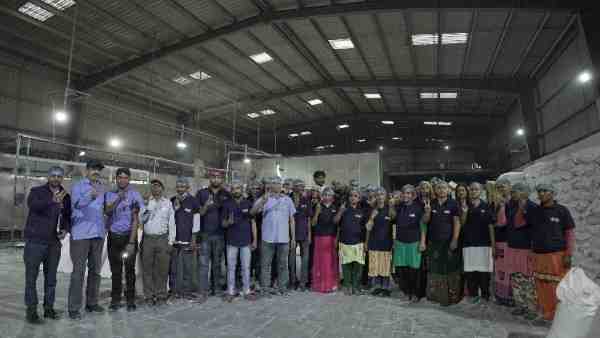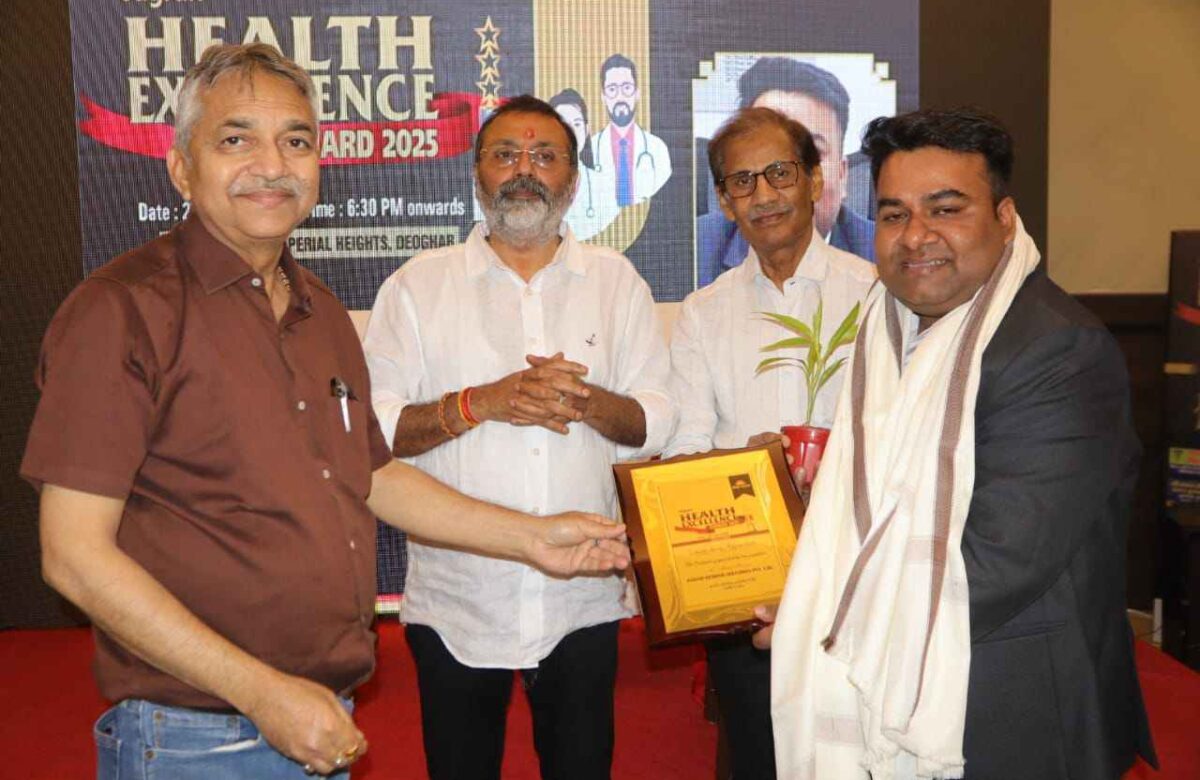- November 16, 2024
Swiggy CEO reveals he came up with idea of company for a college project, then forgot about it

In the fast-paced and competitive world of Indian startups, it is rare for a company to grow as rapidly and achieve such prominence as Swiggy, the food delivery giant that has revolutionized the way millions of people across India access their meals. The company, which was founded in 2014 by three entrepreneurs — Sriharsha Majety, Nandan Reddy, and Rahul Jaimini — has become a household name in India. However, what is less known is that the seeds of Swiggy’s inception were sown long before it became the food-tech powerhouse it is today, during an unexpected and humble beginning in a college project. In a recent interview, Swiggy’s CEO, Sriharsha Majety, revealed that the idea for the company was conceived as part of a college assignment, but it was initially forgotten about after the project ended. It was only years later, after a series of entrepreneurial experiences, that Majety came back to the concept and turned it into the thriving business it is now. Majety’s admission about how Swiggy started offers a fascinating perspective on the unpredictable journey of entrepreneurship. It also sheds light on the role that serendipity and persistence often play in the creation of successful businesses. For many aspiring entrepreneurs, the idea of starting a business can feel daunting, and the path to success is not always linear. The story of how Swiggy came to life illustrates that even the most successful ventures can begin in the most unassuming ways. The story of Swiggy’s inception begins at BITS Pilani, one of India’s most prestigious engineering institutions. Sriharsha Majety, a graduate of BITS, was working on a college project that focused on building a food delivery service. The project was part of an assignment that was designed to explore the practical applications of technology in solving everyday problems. At the time, Majety was thinking about the logistical challenges involved in delivering food quickly and efficiently to customers. He realized that food delivery in India was still largely fragmented, with a mix of local players and no dominant platform. However, after completing the project, Majety moved on to other pursuits and quickly put the idea out of his mind. The project, which seemed like an interesting academic exploration at the time, was not something Majety expected to develop further. Little did he know that this fleeting idea would come back to him years later and form the foundation of one of India’s most successful startups. In the years that followed, Majety took on several entrepreneurial ventures, learning the ins and outs of running a business. He co-founded a company called Althea, a startup that aimed to offer a marketplace for college students to buy and sell items. Though Althea did not become a success, the experience provided Majety with valuable insights into the world of startups and the intricacies of building a business. Despite the failure of Althea, Majety’s entrepreneurial spirit remained intact, and he continued to pursue other ventures. One day, while reflecting on his previous experiences, Majety remembered the food delivery project from college. He realized that food delivery in India was still a huge challenge, especially with the rising demand for convenience and the growing urban population. At that point, he began to see the idea in a new light, recognizing the potential of creating a tech-driven solution for food delivery. It was then that Majety decided to turn the idea into a real business. In 2014, he partnered with his college mates, Nandan Reddy and Rahul Jaimini, to co-found Swiggy. The trio came together with the shared goal of solving the problem of food delivery in India’s sprawling cities. Unlike other food delivery models that relied on restaurant staff to deliver orders, Swiggy sought to build a logistics network where delivery was handled directly by the company. This innovative approach meant that Swiggy would be able to ensure faster and more reliable deliveries, helping to meet the demands of India’s increasingly time-sensitive, urban population.
The post Swiggy CEO reveals he came up with idea of company for a college project, then forgot about it first appeared on InfluencersPro.



